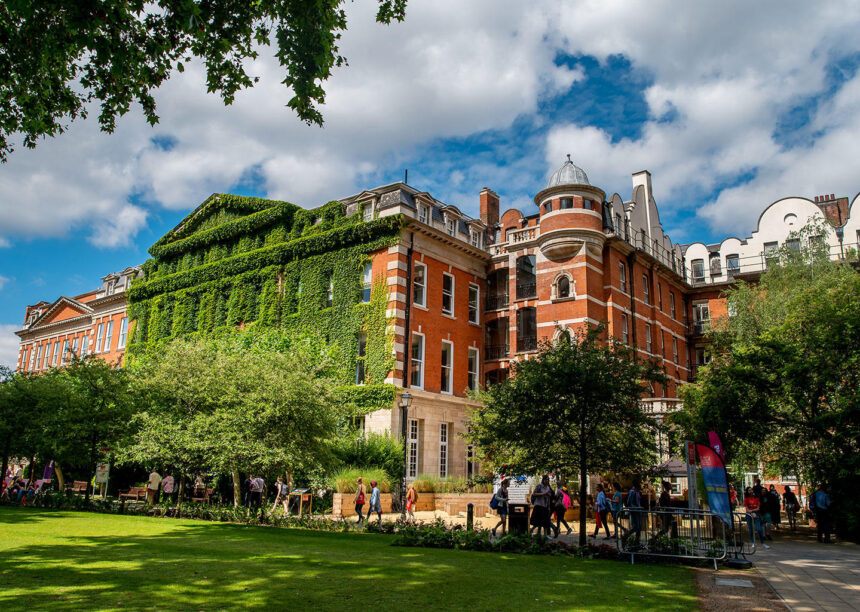According to a Kings College London survey, people rank UK universities behind the royal family, the NHS, and the armed forces.
According to a survey by King’s College London on attitudes towards higher education, the general public values Britain’s universities more than the BBC or the legal system.
According to Prof. Bobby Duffy, the director of King’s College London’s policy institute, universities only followed the National Health Service (NHS), the armed forces, and the royal family.
The May survey of 2,600 respondents showed that nearly a third ranked UK universities ahead of the parliament, civil service, or newspapers, among other major institutions in the UK, with similar backing from the Conservatives and Labour Party.
Everyone believes their sectors receive the worst press, and many working in universities will certainly feel they have had difficult times lately. However, it does not seem the public is paying much attention. According to Duffy, their views are more positive than we might expect.
However, it discovers a significant movement in attitudes towards who should pay for higher education. A study in 1988 revealed that 68% of the respondents said universities should be funded mainly by the state, but in this year’s survey, the figure dropped to just 19%.
The government has been pressuring higher education, with Rishi Sunak spearheading crackdowns on “rip-off” degrees. The election manifesto of the Conservatives includes a commitment to close “low-quality” courses and guide school leavers toward apprenticeship programs.
Several universities are facing financial difficulties due to the government’s limits on international student visas and the suspension of domestic tuition fees since 2016.
According to the survey, 61% of the respondents would blame the government if many universities had to close, while 29% would hold the university administration accountable.
However, the KCL study revealed that people ranked higher education relatively low in terms of political priorities. Only 13% said higher education was very important in deciding how they would vote, while 65% of the respondents named the National Health Service as a major factor.
74% of the respondents agreed that “university research is essential for medical, technological, and social innovations,” demonstrating significant research support. Just 18% of the respondents claimed that “most research done by the university staff is a waste of time.”
According to Nick Hillman, the director of the Higher Education Policy Institute (Hepi), “People do have a residual understanding of how important universities are to their lives, pushing forward the frontiers of knowledge, tackling diseases and educating the workers and artists of tomorrow.” While we occasionally take them for granted, they contribute to many aspects of what makes life worthwhile.
According to Hepi’s analysis, some parliamentary constituencies receive economic benefits of more than £500 million from having international students, including Leeds Central, Sheffield Central, and Headingly.
The Labour leader’s central London seat, Holborn and Pancras, earns over £438 million in activity, placing it in the top 10. Sunak’s North Yorkshire seat of Richmond and Northallerton is among the lowest in the country, gaining only £8 million a year















